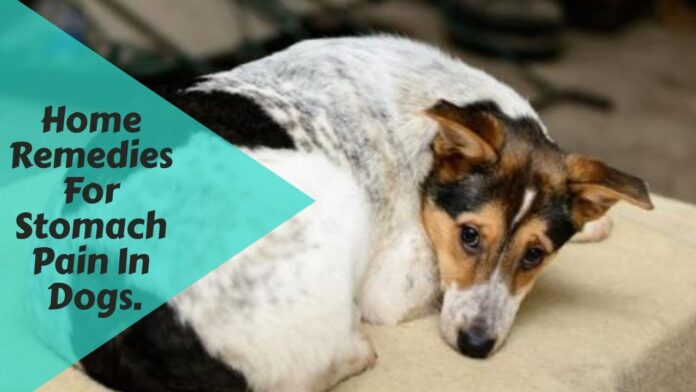Is your furry friend not feeling their best? A puppy tummy ache can be distressing for both pets and their owners. As a pet parent knowing how to identify and treat stomach issues in your young dog is crucial for their wellbeing. Let’s dive into everything you need to know about handling your puppy’s upset stomach.
Understanding the Signs of Puppy Tummy Ache
When your puppy experiences a tummy ache they might show various symptoms that indicate digestive discomfort. As discussed in detail on Pet like boss these signs include
- Vomiting or dry heaving
- Diarrhea
- Loss of appetite
- Lethargy
- Excessive drooling
- Unusual posture (prayer position)
- Bloating
- Whining or crying
If you’re looking for more information about general dog health issues, check out our comprehensive dog care guide.
Common Causes of Stomach Issues
Several factors can trigger a puppy tummy ache
-
Dietary Indiscretion
- Eating too fast
- Consuming inappropriate items
- Sudden diet changes
- Table scraps
-
Medical Conditions
- Gastroenteritis
- Parasites
- Infections
- Food allergies
Immediate Actions to Take
When your puppy’s experiencing a tummy ache, here’s what you can do:
1. Fasting
Let your puppy’s digestive system rest by withholding food for 12-24 hours (but never withhold water). This helps reset their tummy and reduce inflammation.
2. Bland Diet
After fasting, introduce a bland diet consisting of:- Boiled white rice- Plain boiled chicken- Plain pumpkin puree- Small, frequent meals
3. Hydration
Keep your pup hydrated by:- Providing fresh water- Adding ice cubes to water- Using pet-friendly electrolyte solutions
Prevention Tips
To avoid future puppy tummy ache episodes:
-
Proper Feeding Habits
- Stick to regular feeding schedules
- Use appropriate portion sizes
- Avoid table scraps
- Transition new foods gradually
-
Environmental Management
- Secure trash cans
- Remove access to harmful plants
- Supervise outdoor activities
- Keep small objects out of reach
When to See a Vet
Sometimes, a puppy tummy ache requires professional attention. Seek veterinary care if:
- Symptoms persist over 24 hours
- There’s blood in vomit or stool
- Your puppy seems unusually lethargic
- They show signs of severe pain
- Fever develops
- Dehydration occurs
Natural Remedies
Some gentle, natural solutions can help soothe your puppy’s upset stomach:
-
Ginger
- Add a tiny amount of ginger powder to food
- Use only under vet guidance
-
Probiotics
- Choose pet-specific varieties
- Introduce gradually
-
Bone Broth
- Make without seasonings
- Serve lukewarm
Long-term Management
To maintain your puppy’s digestive health:
-
Regular Check-ups
- Schedule routine vet visits
- Keep vaccinations current
- Monitor weight
-
Diet Consistency
- Use high-quality food
- Maintain regular feeding times
- Avoid frequent food changes
-
Exercise
- Regular walks
- Appropriate play sessions
- Stress reduction
Special Considerations
Remember that puppies are more sensitive than adult dogs. Their developing digestive systems need extra care and attention. Always:
-
Monitor Food Quality
- Check expiration dates
- Store food properly
- Use appropriate puppy formulas
-
Watch for Patterns
- Keep a symptom diary
- Note food reactions
- Track bathroom habits
Dealing with a puppy tummy ache can be worrying, but with proper knowledge and quick action, most cases can be managed effectively at home. Remember to always consult with your veterinarian for persistent or severe symptoms, and maintain preventive measures to keep your furry friend healthy and happy.
By following these guidelines and paying attention to your puppy’s needs, you can help them recover quickly from digestive issues and prevent future occurrences. Keep in mind that every puppy is unique, so what works for one might not work for another. Stay observant and responsive to your pet’s individual needs for the best results.












